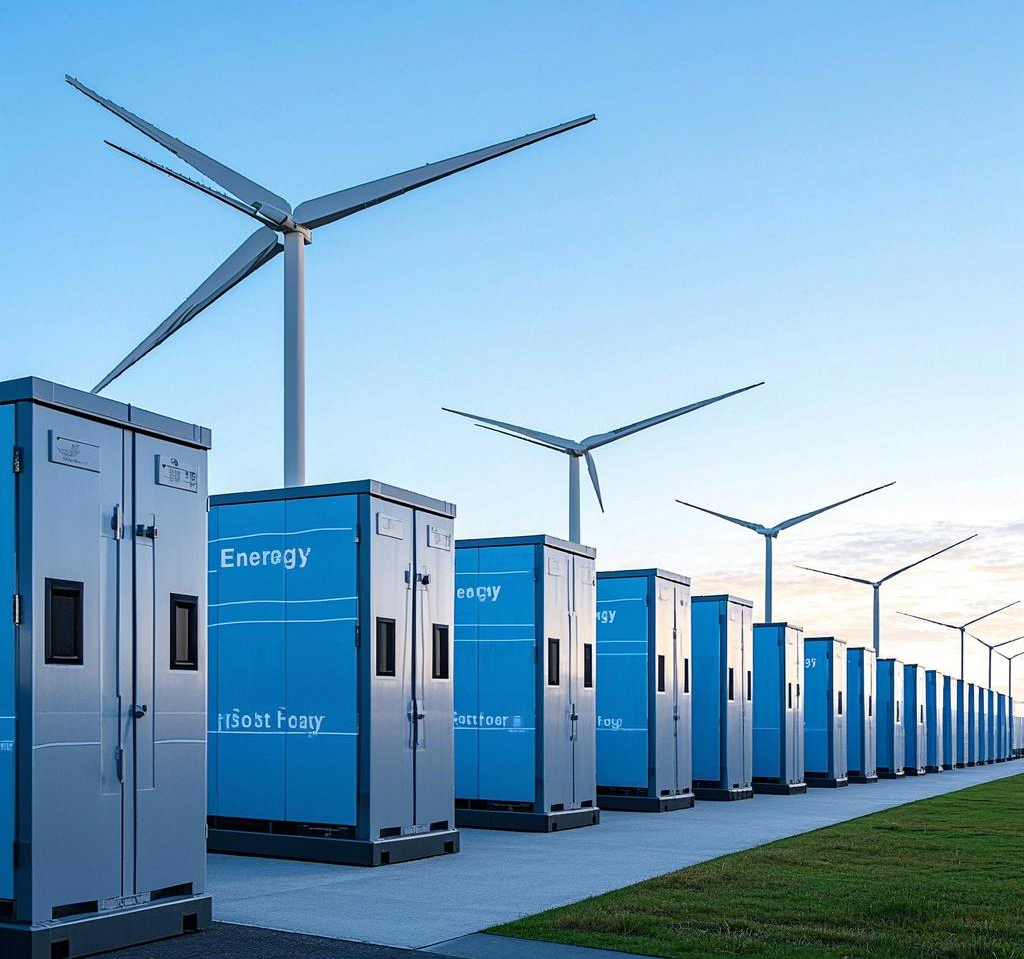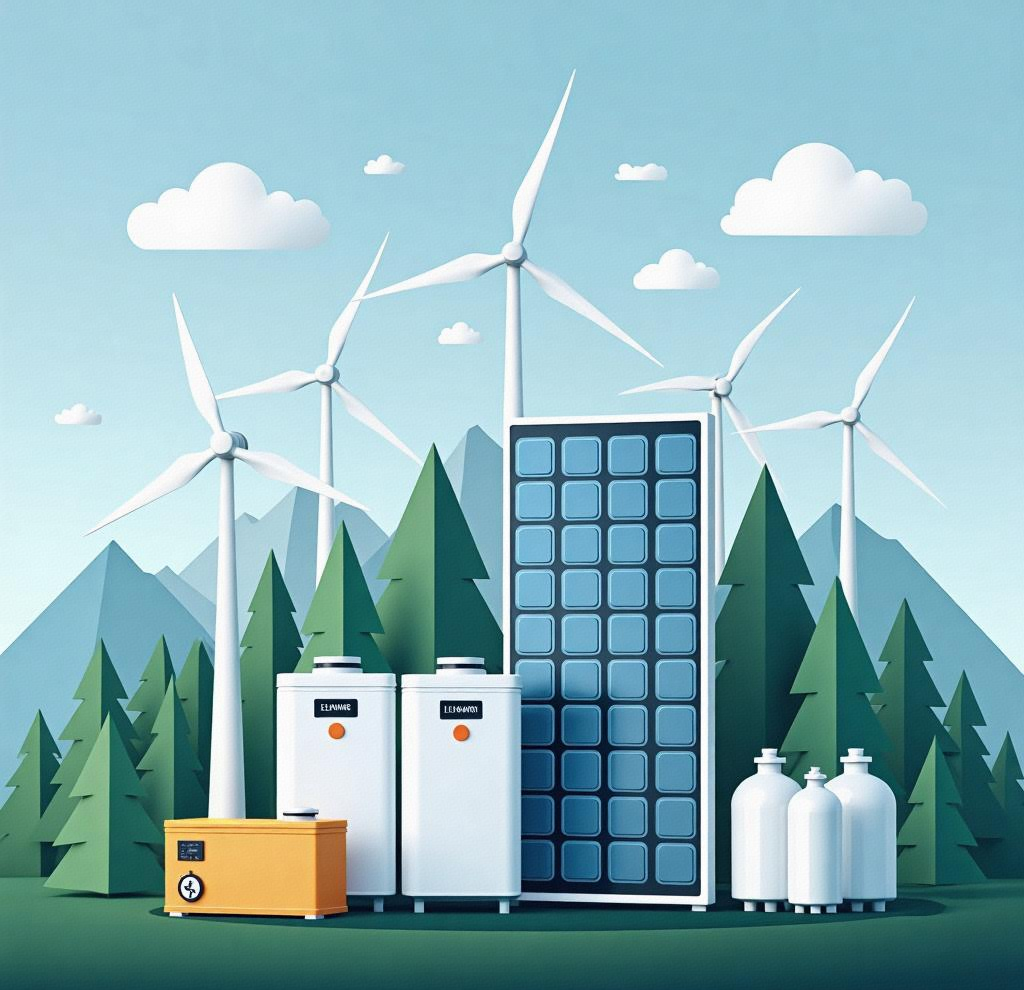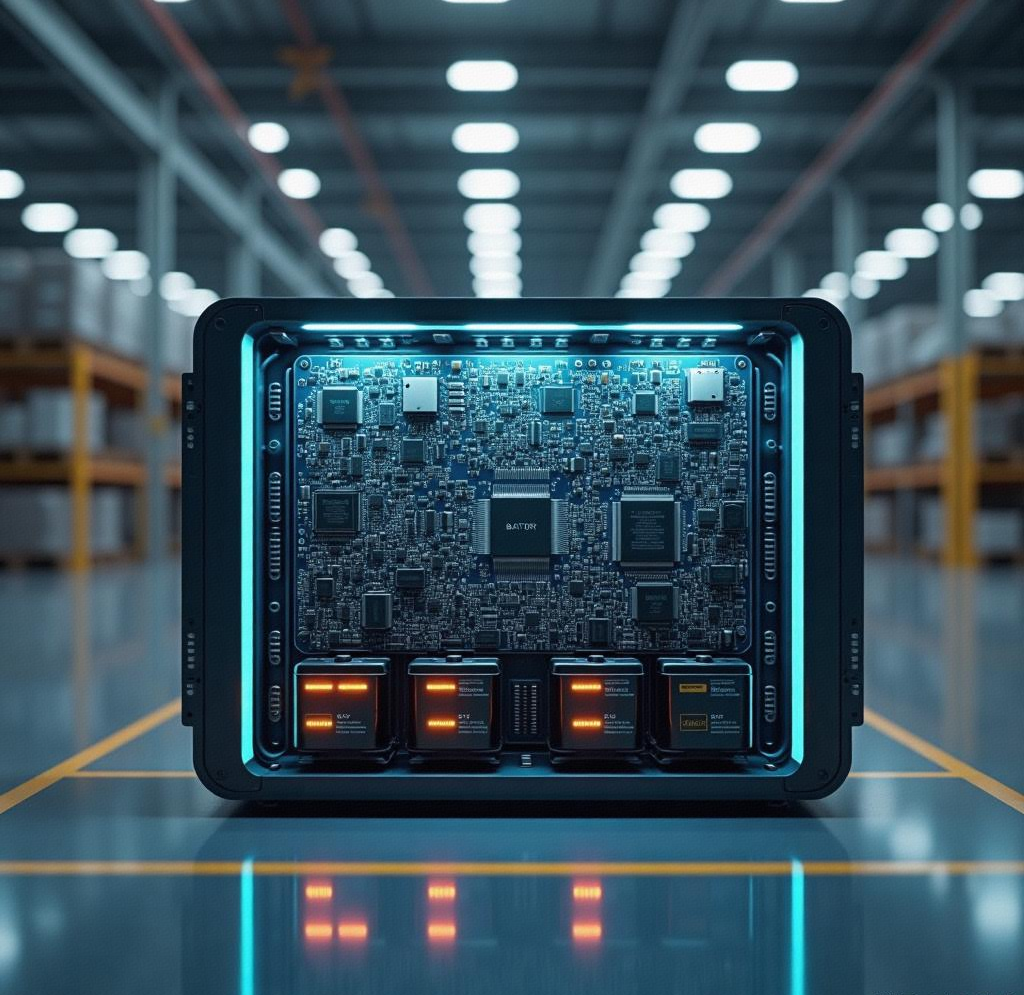In an era where reliable power is crucial, energy storage solutions have become indispensable for both residential and commercial users. Among the various options available, lithium-ion batteries have emerged as the most efficient and dependable choice for backup power. Their superior technology and performance make them an ideal solution for uninterrupted energy storage needs. Whether it is for home battery backup, industrial energy storage, or emergency power supply, lithium-ion batteries offer unparalleled reliability and efficiency. As energy demands continue to rise and power disruptions become more frequent, choosing the right energy storage system is vital for ensuring uninterrupted access to electricity.
The Advantages of Lithium-Ion Batteries for Reliable Backup Power Solutions
Lithium-ion batteries offer unmatched reliability, efficiency, and longevity for backup power solutions. Their high energy density, rapid charging capabilities, and minimal maintenance requirements ensure uninterrupted power supply, making them the preferred choice for home and commercial energy storage systems. With a significantly longer lifespan and superior battery efficiency, lithium-ion technology outperforms traditional alternatives, providing a sustainable and cost-effective solution for energy storage needs.
Understanding the Superiority of Lithium-Ion Batteries in Backup Power Applications
Lithium-ion technology has revolutionized energy storage due to its exceptional efficiency and durability. These batteries provide greater energy density compared to traditional lead-acid batteries, ensuring more power storage in a compact design. Additionally, lithium-ion batteries boast a significantly longer lifespan, reducing replacement costs and maintenance efforts. Their ability to charge rapidly also enhances their suitability for emergency power backup situations.
Compared to lead-acid batteries, which suffer from high energy loss and frequent maintenance requirements, lithium-ion alternatives offer a superior energy storage experience. Their ability to store large amounts of energy without excessive heat generation or energy wastage makes them highly efficient. Furthermore, their self-discharge rate is much lower than that of lead-acid batteries, ensuring that stored power remains available for longer durations. These factors make lithium-ion batteries the optimal choice for those seeking long-lasting and efficient backup power solutions.
For those seeking an optimal power storage solution, lithium-ion batteries stand out as the clear choice due to their superior energy efficiency, reliability, and sustainability. With their ability to support renewable energy integration and provide seamless backup power, lithium-ion batteries ensure uninterrupted electricity supply in both residential and commercial applications.
High Energy Density: Maximizing Power Storage in Minimal Space
Lithium-ion batteries are renowned for their high energy density, meaning they can store a large amount of energy in a compact and lightweight form. This makes them particularly advantageous for backup power solutions where space constraints are a concern. Compared to lead-acid batteries, which require significantly more space to store the same amount of energy, lithium-ion alternatives offer a streamlined solution for homeowners and businesses alike. The ability to store more energy in less space allows for greater flexibility in installation and scalability, making them an ideal choice for modern energy storage needs.
A high energy density means that lithium-ion batteries can power more appliances and equipment without requiring bulky storage systems. This is particularly useful in urban settings where space is limited. Additionally, this feature makes lithium-ion batteries ideal for applications such as electric vehicles, where maximizing energy storage while minimizing weight is essential. With continuous advancements in battery technology, lithium-ion batteries continue to set new benchmarks for energy efficiency and storage capacity.
Extended Lifespan: Reducing Replacement Frequency and Costs
One of the most significant advantages of lithium-ion batteries is their extended lifespan. Unlike traditional lead-acid batteries that degrade quickly and require frequent replacements, lithium-ion batteries can last over 6,000 cycles at a high depth of discharge. This long lifespan translates into substantial cost savings over time, as users do not need to replace their batteries as frequently. Additionally, lithium-ion batteries maintain their efficiency over time, ensuring consistent power supply without significant degradation in performance.
The longevity of lithium-ion batteries makes them a cost-effective investment for homeowners and businesses looking for reliable backup power solutions. Unlike lead-acid batteries, which experience a sharp decline in performance after a few years, lithium-ion batteries continue to provide consistent energy output over extended periods. Furthermore, their ability to withstand deep discharge cycles without significant wear and tear enhances their value, making them a superior choice for long-term energy storage.
Rapid Charging Capabilities: Ensuring Quick Recovery During Outages
Fast charging is a critical feature of lithium-ion batteries, making them highly efficient in backup power applications. Unlike lead-acid batteries, which take several hours to charge fully, lithium-ion batteries can reach full capacity in a fraction of the time. This rapid charging capability ensures that backup power is restored quickly after an outage, minimizing downtime and providing uninterrupted energy supply. This feature is particularly beneficial for areas prone to frequent power outages, where having a reliable and quickly rechargeable backup power source is essential.
With their ability to charge rapidly, lithium-ion batteries ensure that homes and businesses remain powered during critical moments. The advanced charging technology of these batteries allows them to absorb energy efficiently, reducing downtime and increasing reliability. Additionally, lithium-ion batteries can handle higher charge currents without overheating, making them suitable for demanding energy storage applications.
Low Maintenance Requirements: Simplifying Backup Power Management
Lithium-ion batteries require significantly less maintenance compared to traditional backup power solutions. Unlike lead-acid batteries, which require regular water refilling and frequent checks for corrosion, lithium-ion batteries operate efficiently with minimal intervention. Their advanced battery management systems (BMS) ensure safe operation and optimal performance, further reducing the need for manual maintenance. This convenience makes them an attractive option for both residential and commercial users who seek hassle-free energy storage solutions.
Additionally, lithium-ion batteries do not require periodic equalization charging, a common necessity for lead-acid batteries. This reduces operational costs and the need for constant supervision. Their superior thermal stability also ensures safety and reliability, making them an ideal choice for backup power applications. The reduction in maintenance efforts translates into more savings for users while ensuring a seamless and efficient power storage experience.
Environmental Benefits: Supporting Sustainable Energy Practices
Lithium-ion batteries contribute to a greener future by promoting sustainable energy practices. They have a lower environmental impact compared to lead-acid batteries, which contain hazardous materials such as lead and sulfuric acid. Additionally, lithium-ion batteries have a higher energy efficiency, reducing overall energy waste. Their ability to integrate seamlessly with renewable energy sources, such as solar power systems, further enhances their role in supporting sustainable energy practices. By choosing lithium-ion batteries, users contribute to reducing carbon emissions and minimizing environmental pollution.
Furthermore, the recyclability of lithium-ion batteries makes them a more eco-friendly choice. Advances in battery recycling technology have made it possible to recover and reuse valuable materials, reducing the environmental impact of battery disposal. With increased global efforts toward sustainability, lithium-ion batteries are paving the way for a cleaner, greener energy future.
In summary, lithium-ion batteries offer the most reliable, efficient, and environmentally friendly solution for backup power. Their superior energy density, extended lifespan, rapid charging, and low maintenance make them the ideal choice for modern energy storage systems. Contact Hicorenergy today to explore our range of lithium-ion energy storage solutions and find the best backup power system for your needs.



